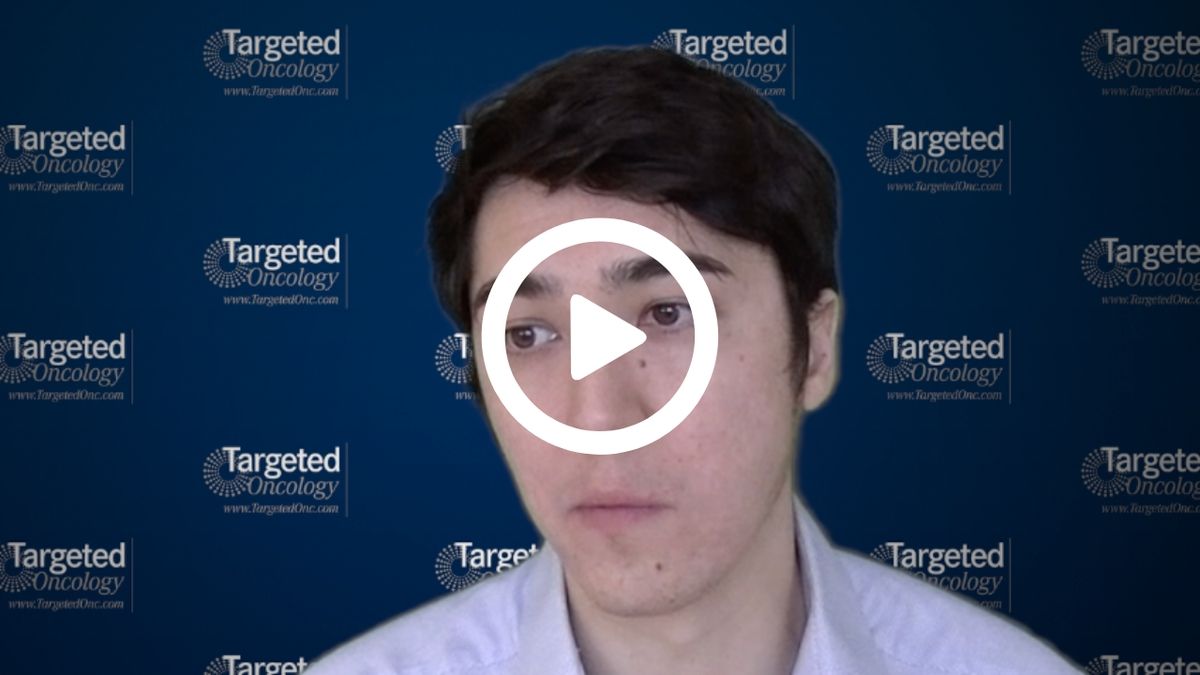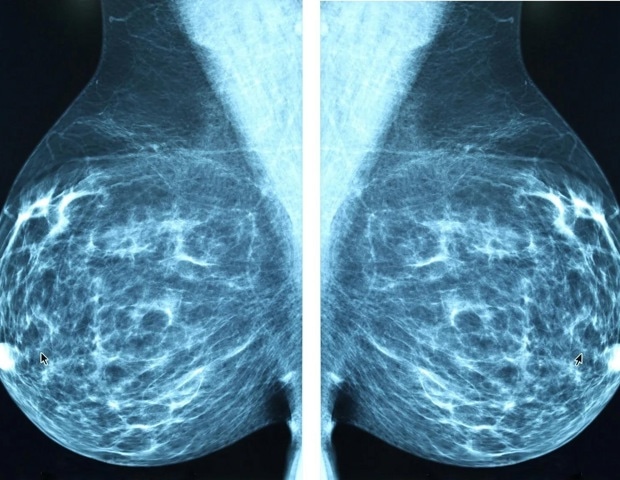How Heart Health Could Be Key to Cancer Prevention

In a groundbreaking exploration that might redefine preventive healthcare, researchers are delving into the intricate relationship between cardiovascular disease (CVD) and cancer. At the heart of this investigation are Dr. Kevin Nead of the University of Texas MD Anderson Cancer Center and Dr. Nicholas Leeper from Stanford University, who are pioneering a study that suggests a potential direct link between these two predominant health concerns, beyond their known shared risk factors. This revelation could not only usher in a new era of integrated disease prevention strategies but also offer hope for millions at risk of these life-threatening conditions.
Shared Risk Factors and Beyond
The connection between cancer and cardiovascular disease is historically rooted in shared risk factors, including smoking, type II diabetes, and obesity. However, the recent study utilizing IBM MarketScan claims data from over 130 million individuals reveals a more complex relationship. The research found that individuals with CVD are 13% more likely to develop cancer than those without, pointing to an association that cannot be fully explained by lifestyle or environmental factors alone. The implication here is profound; it suggests that the mechanisms at play in cardiovascular diseases could directly influence cancer development, emphasizing the need for a holistic approach to health management.
A New Frontier in Disease Prevention
The findings of Dr. Nead and Dr. Leeper’s study, particularly the strong association found in individuals with atherosclerotic forms of CVD, push the boundaries of our understanding of disease interconnectivity. It highlights the importance of managing cardiovascular risk not only for its direct benefits but also for potentially reducing cancer risk. This dual benefit underscores the necessity for integrated health strategies that address both cardiovascular and cancer risks simultaneously. The research is a clarion call for further investigation into the biological mechanisms that link CVD and cancer, which could lead to innovative prevention and treatment protocols.
Implications for Future Healthcare
The potential to improve cancer outcomes through managing heart health is a tantalizing prospect for the medical community. This approach could revolutionize preventive healthcare by encouraging interventions that target multiple diseases at once. However, the path forward requires rigorous research to understand the underlying biological connections between CVD and cancer fully. As we stand on the cusp of potentially groundbreaking health strategies, the work of Dr. Nead and Dr. Leeper serves as a beacon, guiding the way toward a future where integrated disease management could become a cornerstone of public health policy.
As the research unfolds, the implications for patient care and preventive strategies are immense. The possibility of a world where managing one’s heart health could simultaneously ward off cancer is a compelling vision, one that could reshape our approach to healthcare and disease prevention in profound ways. For those interested in exploring Dr. Nead’s detailed perspective, further insights can be found here.
link






